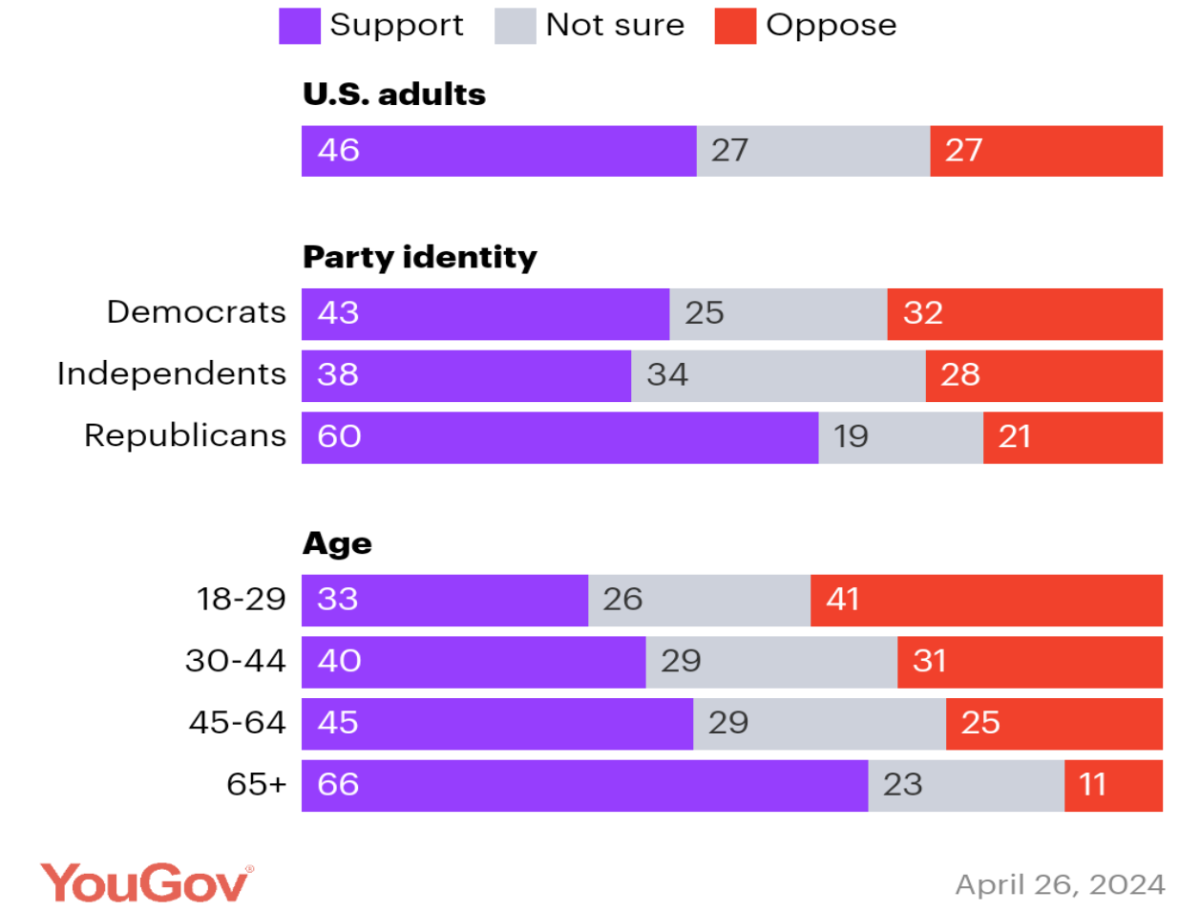I’m not quite sure why my friends at the University refer to their meal plan dollars as “Monopoly money.”
After all, playing a game of Monopoly involves much more financial strategy than managing assets while living on a college campus.
Likewise, spending in Monopoly bears some resemblance to real-world economics. On-campus living does not.
For these reasons — and, admittedly, for many others I won’t discuss now — I’m always amused when I hear someone refer to college as “preparation for the real world.”
Apparently, in the “real world,” your spending money is allotted in semester-long increments. If you don’t spend it in that time-frame, it disappears forever.
Also, in the “real world,” food is supplied via a currency known as “swipes.”
Finally, in this so-called “real world,” you can’t even purchase the supplies necessary to make a peanut butter and jelly sandwich without spending at least $12.
Do you now understand why I’ve become so jaded in my three and a half year stint at this institution?
Each year, I watch on-campus students scuffle through Outtakes convenience stores at the springtime semester’s end, wrangling up as many cases of Gatorade and ramen noodles as they can fit in the back of their car.
They’ve effectively budgeted their meal plan dollars throughout the school year, and they’re punished by being forced to forfeit their remaining dollars if they don’t spend them.
I know how it feels; I was an on-campus student for two years. It feels wrong.
While other people on the planet are starving, it just doesn’t feel right to treat food and beverages this way.
Instead of encouraging students to spend as little as possible, on-campus living encourages frivolous spending on items with severely inflated prices to use up all of your meal plan dollars before the semester’s end.
It’s as simple as a swipe of your BG1 Card — quick, convenient, thoughtless. And when you’re not touching any of your $3,000 of meal plan, sometimes it doesn’t even feel like you’re spending it.
This mentality, unfortunately, isn’t exclusive to college students.
Our culture, nationwide and beyond, continues to turn away from physical money and toward digital accounts through systems like debit cards and direct deposit paychecks. It’s cheaper for companies and more convenient for consumers, and some would argue it encourages people to spend more money.
So maybe, in a sense, college is preparing students for the “real world.”
Or maybe the University’s meal plan system is just a sign of the times — after all, “most colleges do their meal plan this way” is a justification I’ve heard often while discussing with others the University’s implementation of the “swipe system” in 2011.
Either way, it doesn’t sit well with me.
Unfortunately, I don’t think things will change anytime soon, unless all colleges and universities are willing to make a pact for change. As long as students keep enrolling each year, the flawed, yet profitable system will remain, even if it’s slightly altered.
For example, my sister, a University freshman, belongs to the second incoming class to utilize the new swipe system. She takes me to dinner weekly at The Oaks or Carillon Place.
Although I wish her act was simply out of kindness, or a desire to spend time with me, we’ve discussed her true motivation: she’s not on-pace to spend her swipes by the semester’s end. Not even close. Meanwhile, her Falcon Dollars are running considerably low.
I wish I could offer her budgeting advice, but back in my on-campus days, we didn’t have swipes.
In my opinion, they’re just one more way to confuse students, ultimately sending dollars back to the University when students fail to budget properly.
Instead of adding new problems into the meal plan mix, Dining Services should focus on fixing its old ones.
If on-campus spending doesn’t start to resemble reality sometime soon, I fear the only “real world” preparation University students will receive from their meal plan budgeting is how to eventually go bankrupt.













